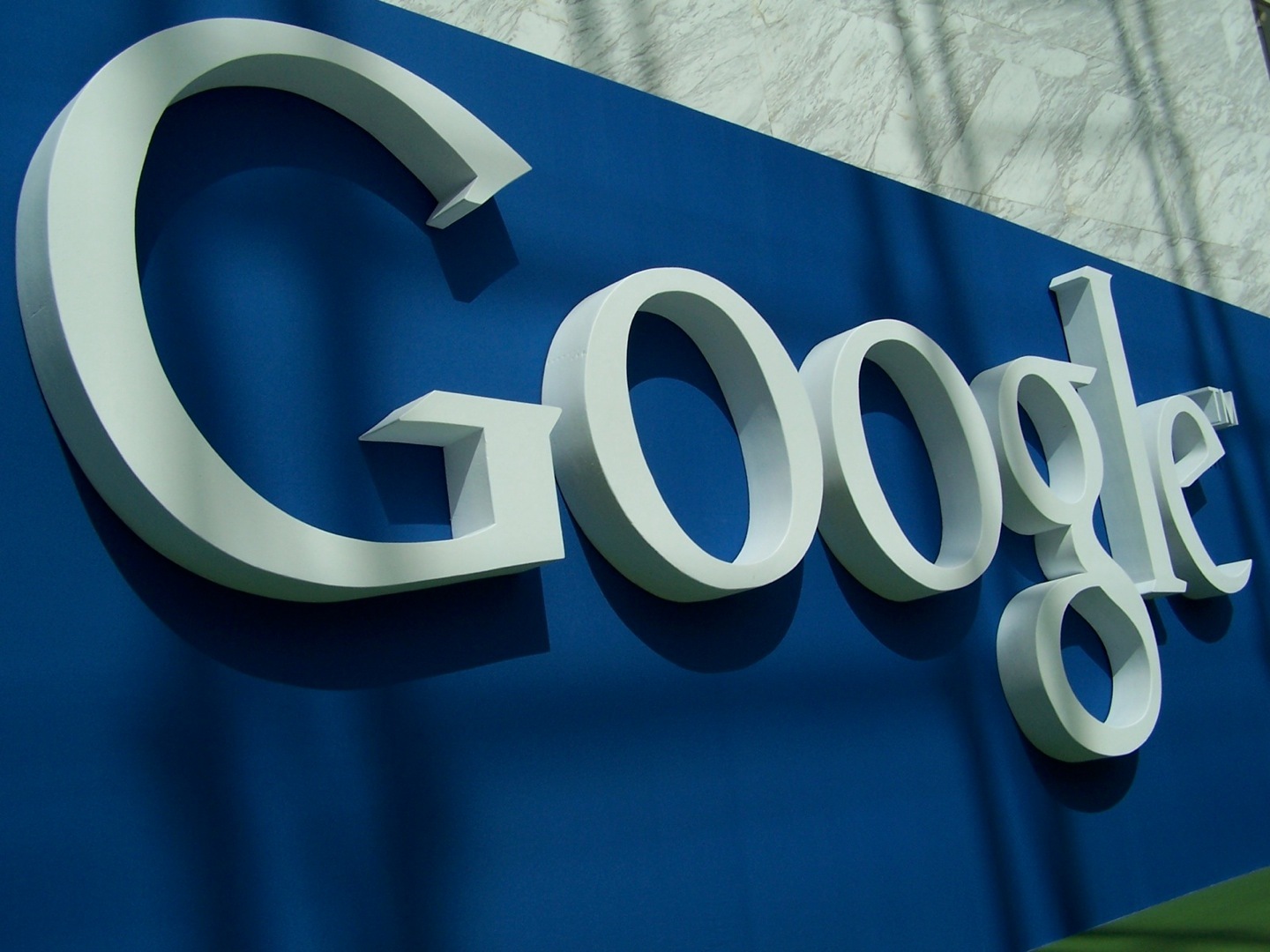It’s hard to be an expert on the US justice system, without the years of schooling of course. It seems as backwards as the patent system, so these weird class action lawsuits may have a chance of working. However one of the craziest ones brought against Google’s anti-competitive hold over Android has been thrown out, at least for a few weeks.
A judge has dismissed two cases against Google’s alleged anti-competitive Google Mobile Services agreement (GMS). Gary Feitelson and Daniel McKee from Kentucky and Iowa both accused Google of using its power to keep a hold on Android and force Google services on its users. In fact, they went as far as claiming that by including these services on the Android handset, it “stifles innovation and diminishes consumer choice”.
Search Monopoly
![]() The main argument seems to be against the search monopoly, and for once this doesn’t come from the EU. The GMS agreement does state that Google must be the default search provider, however it does not explicitly ban the user from changing this – although they would hate for you to do so.
The main argument seems to be against the search monopoly, and for once this doesn’t come from the EU. The GMS agreement does state that Google must be the default search provider, however it does not explicitly ban the user from changing this – although they would hate for you to do so.
“As Google well knows, consumers do not know how to switch, nor will they go to the trouble of switching the default search engine on their devices, so this practice is a highly effective means of ensuring that consumers will use Google search to conduct general Internet queries rather than one of its competitors’ search products. – From Case5:14-cv-02007
The argument taken form court documents is that “As Google well knows, consumers do not know how to switch, nor will they go to the trouble of switching the default search engine on their devices”. Google’s revenue is becoming increasingly based on mobile search advertising, so this lock in is seen as their best course of action. Although you’re free to use whatever you wish, the longer Google keeps you using their search engine the more ads they can present to you.
Reading from the case documents, they make the claim that MADA’s default search insistences “quash competition for default search engine status before it even can begin”. Arguing that with increased competition would mean a better service and the phones would become cheaper.
App Suite
 Along with this – should manufactures wish to install even just one Google service such as YouTube – they must first sign a Mobile Application Distribution Agreement (MADA). This would stipulate that the manufactures must have the whole suit appear front and centre. Devices would also be required to have “Powered by Android” on the boot screen and a folder with certain apps on the home screen when you first get your hands on it.
Along with this – should manufactures wish to install even just one Google service such as YouTube – they must first sign a Mobile Application Distribution Agreement (MADA). This would stipulate that the manufactures must have the whole suit appear front and centre. Devices would also be required to have “Powered by Android” on the boot screen and a folder with certain apps on the home screen when you first get your hands on it.
You may now be starting to think that they have a point against the long list of demands. This is without even mentioning the signed promise that they won’t produce Android handsets without Google at its core – something that seems to be of little concern to Asian manufactures, who are increasingly more likely to install their own apps anyway.
“The Court agrees with Defendant [Google] that there are no facts alleged that would render these threatened injuries [loss of consumer choice and innovation] more concrete than hypothetical, as there are no facts alleged to indicate that Defendant’s conduct has prevented consumers from freely choosing among search products or prevented competitors from innovating.” – US District Court Judge Beth Labson Freeman
Both plaintiffs, both Android handset owners, are out of luck as US District Court Judge Beth Labson Freeman didn’t agree with their claims. The dismissal came in part because there was not enough evidence presented to argue the alleged increase in handset price, and they failed to present that they have suffered “antitrust injury”. The plaintiffs have three weeks to amend the complaints, and return to court.
This and other court cases are far from over, so what’s next for Mountain View lawyers to face? With the EU, manufactures and some individuals seemingly set to try and break up Google a la Microsoft in the ’90s, it’s set to be a bumpy ride.
Last Updated on November 27, 2018.











Comments are closed.